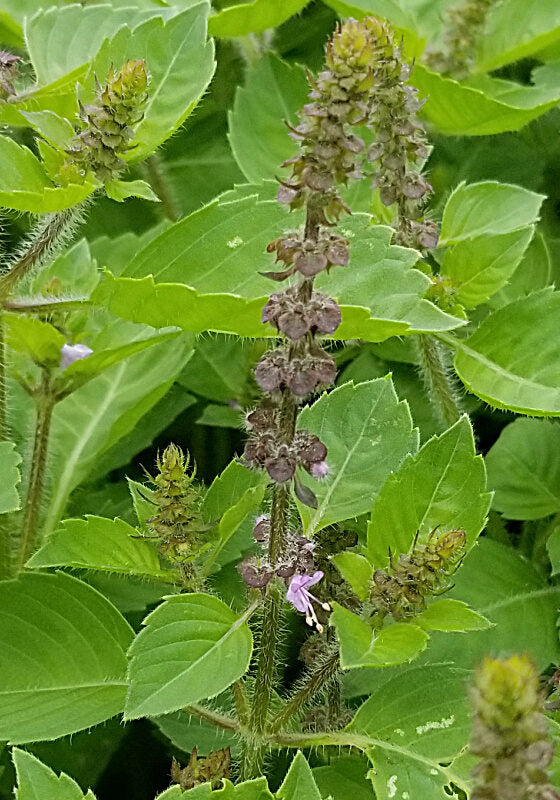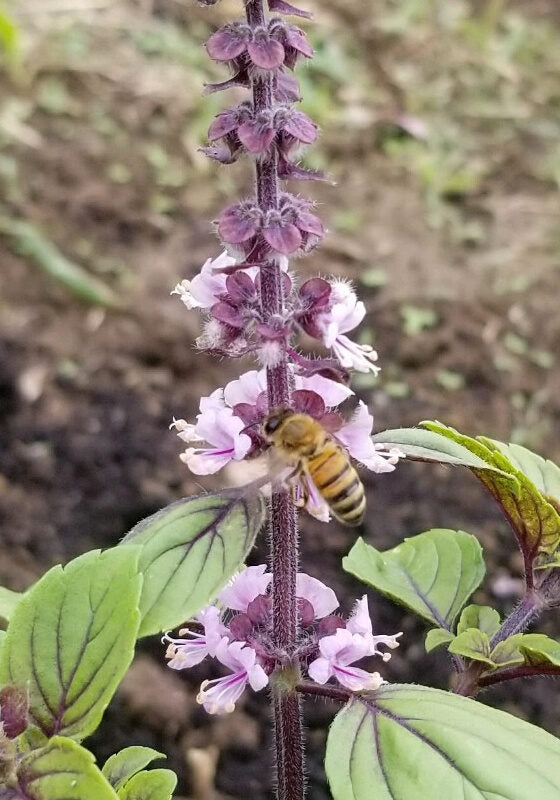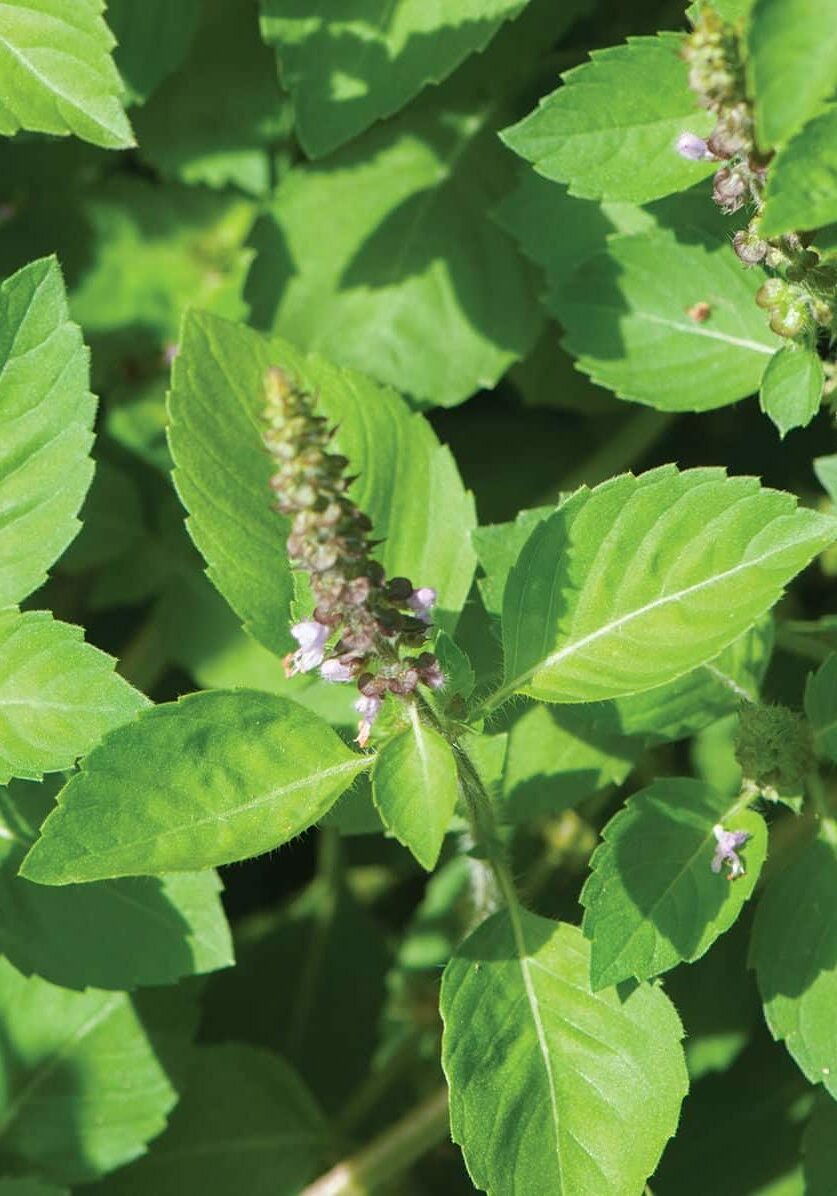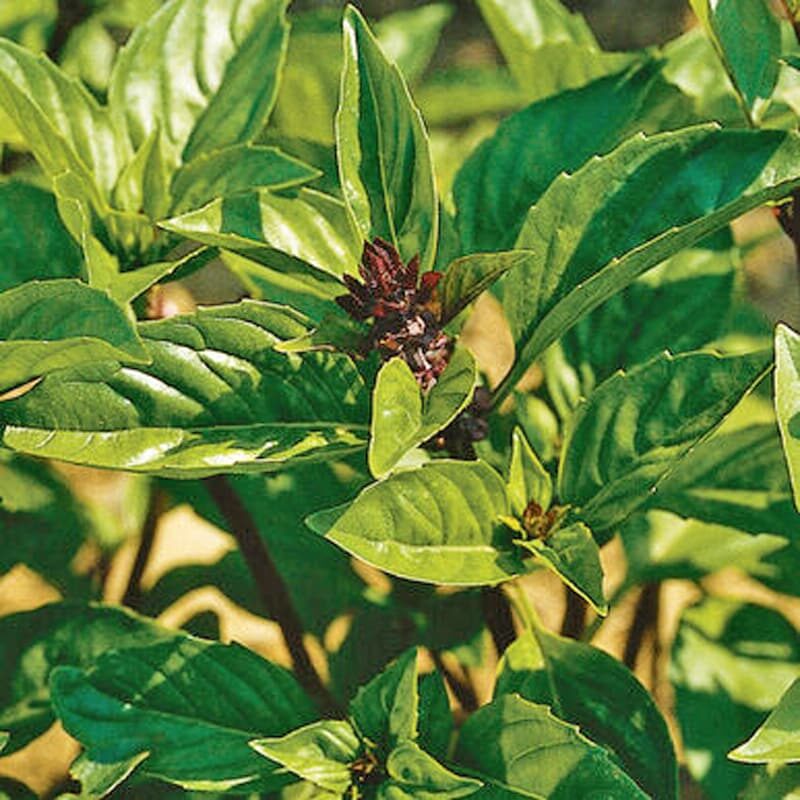Organic from Day One

Starting back in 2001.
When we first started out farming back in 2001, it was a struggle. We were experimenting with a lot of different crops and marketing strategies. We were doing farm share and selling at some farmers' markets. But, just like anyone starting out, you learn a lot from your mistakes and one of the challenges that plagued us was how to grow perfect organic crops without the conventional sprays of traditional agriculture.

Organic was always part of our story from day one.
So the question was: how do we grow a perfect kale leaf or a perfect lettuce leaf without any insect-chewed holes? Back then, we were using a lot of row cover on veggie crops but we still had a lot of “seconds.” And, if you have ever used row cover, you know it is not the most fun part of organic farming as it requires constant maintenance and monitoring. It blows off and requires constant reinstallation, becomes hole-ridden, and sometimes requires many shovelfuls of soil to keep it in place. And even after all that, pests still get into the crops.

This struggle for hole-less leaves extended to herb crops as well, especially basils.
We were trying to grow beautiful, large Italian basil leaves and invariably, we were plagued by caterpillars, Japanese beetles, and many others. In those early years, we decided to make lemonade out of lemons, and we started drying our extra or seconds culinary herbs and selling them in jars/packets. We quickly experimented with drying other herbs as well, and we realized that we could make delicious teas from these holey leaves. And so, Cherry Valley Organics’ teas were born.

Then and now.
Our growing skills have improved tremendously since 2001, and now we are growing extremely high quality, in many cases hole-less herbs. When we first started, organics were so difficult. Organic biological and natural pest and weed controls were not widely available. Now, common organic control items are available in local home improvement stores. When you look at the struggles of the early 2000s, modern science and manufacturing have made organic farming more efficient and easier (although, it's still not easy). Over the last 20 years, we have worked hard to build healthy soil at our farm. Soil that now grows healthier, stronger plants that are better able to fend off pests and disease on their own. Plants that have rich, complex flavor that are unique to our farm and each growing season.
